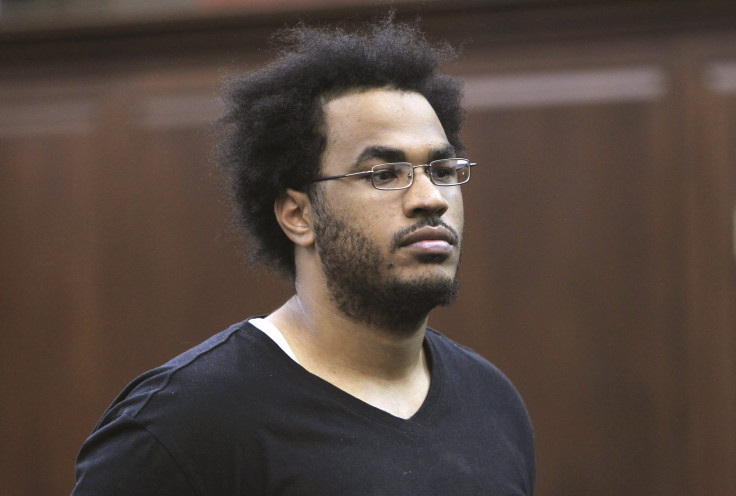Jose Pimentel, US Citizen And Al Qaeda Sympathizer, Sentenced To 16 Years In Prison In New York City Pipe Bomb Case

José Pimentel, an al Qaeda sympathizer who pleaded guilty to a New York state terrorism charge of trying to build pipe bombs with the intent of blowing up police stations and military installations, was sentenced to 16 years in prison on Tuesday, media reports said, citing the Manhattan District Attorney’s office.
Pimentel, a 29-year-old Dominican-born U.S. citizen, was arrested in November 2011. Following his arrest, then-Mayor Michael Bloomberg reportedly said in a news conference at City Hall that the man was a “total lone wolf” terrorist who was inspired by al Qaeda’s leaders but did not take orders from them.
Cyrus Vance, a Manhattan district attorney, reportedly said on Tuesday: “As Pimentel's guilty plea confirms, the threat of terrorism is increasingly coming from radicalized local actors living in our communities,” adding that Pimentel, also known as Muhammad Yusuf, had a personal website that urged violence against U.S. citizens and government agencies, and also contained links to bomb-making instructions.
New York City police conducted a yearlong investigation that led to Pimentel’s arrest, media reports said, citing court documents, which showed that a sting operation was conducted involving an undercover agent and two informers, who secretly recorded meetings with him at an informer's apartment, where Pimentel read online instructions on how to assemble bombs from materials the agents brought with them.
As part of the plea agreement, Pimentel admitted he had built a pipe bomb with an informer named Abdul in November 2011, using instructions from al Qaeda's Inspire magazine. He also admitted that he had intended to set off that bomb and at least two others “to undermine the support for the wars in Iraq and Afghanistan.”
Vance reportedly said: “The most important aspect of this case is not what happened but what didn’t.”
© Copyright IBTimes 2024. All rights reserved.











